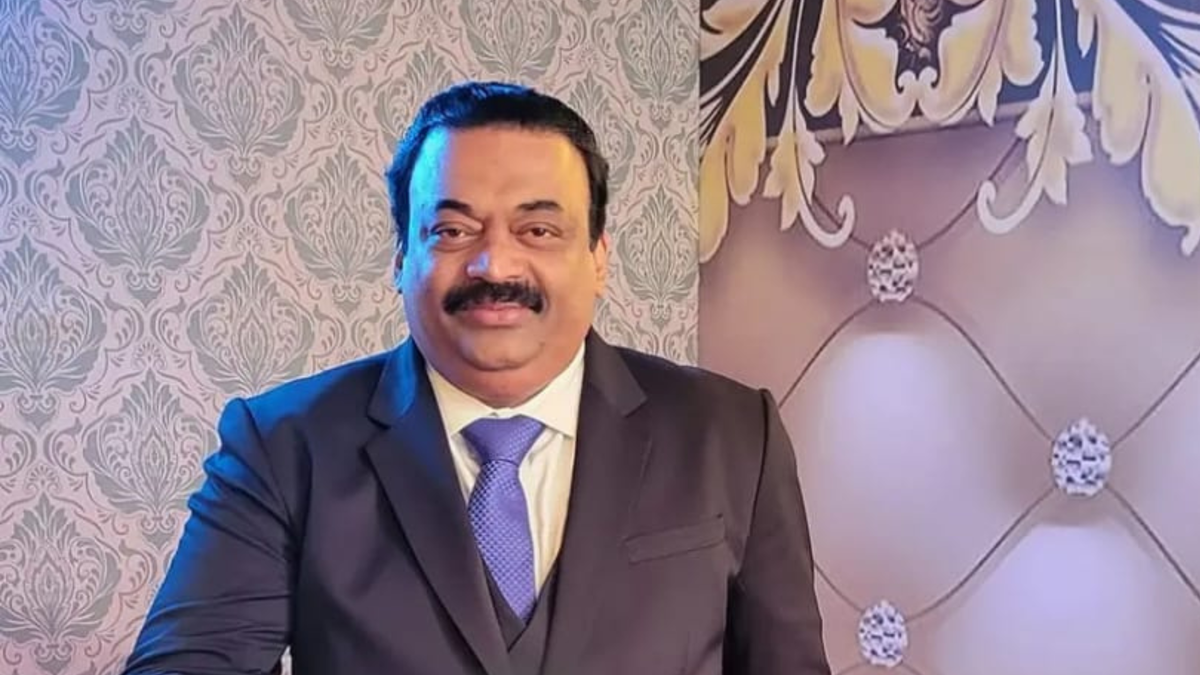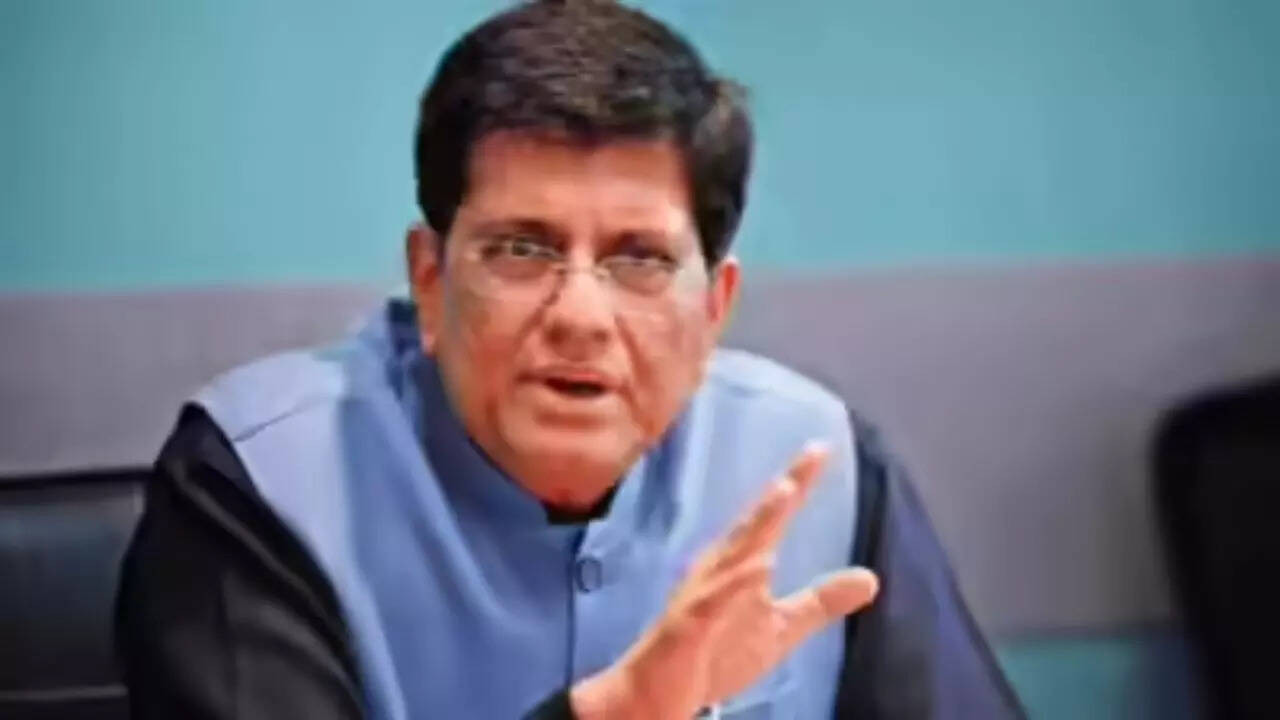US trade representative Jamieson Greer claimed India is diversifying from Russian oil, despite a 50% tariff imposed, half of which targets India’s recent surge in Russian oil purchases. Conversely, Russian President Vladimir Putin asserted India will continue energy imports from Russia, suggesting increased Russian imports of Indian goods to balance trade.
Shifting Sands? India’s Evolving Relationship with Russian Oil
The global energy market is a complex dance of supply, demand, and geopolitical strategy. Recently, all eyes have been on India’s engagement with Russian oil, a relationship that has become increasingly significant in the wake of international sanctions and shifting economic priorities. Is India’s reliance on Russian crude here to stay, or are winds of change starting to blow?
For months, India has been a major purchaser of discounted Russian oil, a move that has helped to stabilize global energy markets while providing India with a crucial resource at a competitive price. This relationship blossomed following the sanctions imposed on Russia after the invasion of Ukraine, with India seizing the opportunity to secure affordable energy and bolster its own economic growth. The narrative so far has been one of unwavering commitment to this partnership.
However, whispers of diversification have begun to surface. What’s driving this potential shift? And what does it mean for the future of global energy dynamics?
The Push for Diversification
Several factors seem to be contributing to India’s exploration of alternative oil sources. One significant element is the evolving geopolitical landscape. While India has maintained a neutral stance on the Russia-Ukraine conflict, pressures from Western nations to reduce reliance on Russian energy are undeniable. Balancing economic interests with international relations is a delicate act, and India is carefully navigating these complexities.

Furthermore, economic considerations are also playing a role. Reports suggest that changes in shipping costs and insurance rates are impacting the overall cost-effectiveness of Russian oil. As these costs fluctuate, other suppliers might become more attractive from a purely financial perspective. This shift isn’t necessarily about abandoning Russia, but rather about optimizing procurement strategies to ensure the most competitive prices and reliable supply.
Tariffs and Trade: A Shifting Economic Landscape
The specter of potential tariffs, particularly from the United States, adds another layer of complexity. The US has expressed concerns about India’s continued purchase of Russian oil, and the possibility of tariffs on Indian exports remains a looming threat. While no concrete action has been taken, the mere suggestion is enough to prompt India to consider diversifying its energy sources.
The economic implications of such tariffs could be substantial, potentially impacting India’s export-oriented industries and overall economic growth. Reducing dependence on Russian oil could be seen as a preemptive measure to mitigate this risk and maintain favorable trade relations with key partners like the United States. This is an important consideration when looking at India’s diversification of oil sources.
Beyond Russia: Exploring Alternative Avenues
So, where is India looking to source its oil if it begins to decrease its reliance on Russia? The answer lies in a multifaceted approach, involving strengthening ties with existing partners and exploring new opportunities.
Traditional suppliers in the Middle East, such as Saudi Arabia and Iraq, remain crucial players. India is likely to reinforce these relationships, ensuring a steady flow of crude oil to meet its growing energy demands. Additionally, India may be looking to increase imports from countries in Africa and South America, diversifying its supply chain and reducing its vulnerability to geopolitical disruptions. You may be interested in reading more about India’s energy demands here.
The Road Ahead for India’s Oil Imports
While it’s too early to declare a full-scale retreat from Russian oil, the signals suggest a strategic recalibration. India’s energy policy is likely to become more diversified, reflecting a desire to balance economic benefits, geopolitical considerations, and the ever-present need for energy security. This isn’t a sudden break, but rather a gradual evolution in response to a dynamic global landscape. The future of India’s relationship with Russian oil, and the broader global energy market, promises to be an interesting story to watch unfold.







